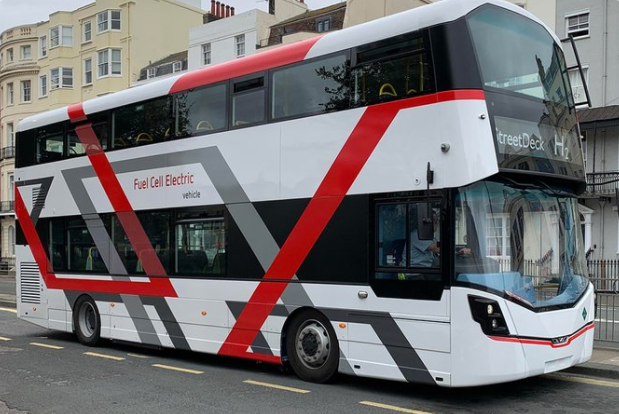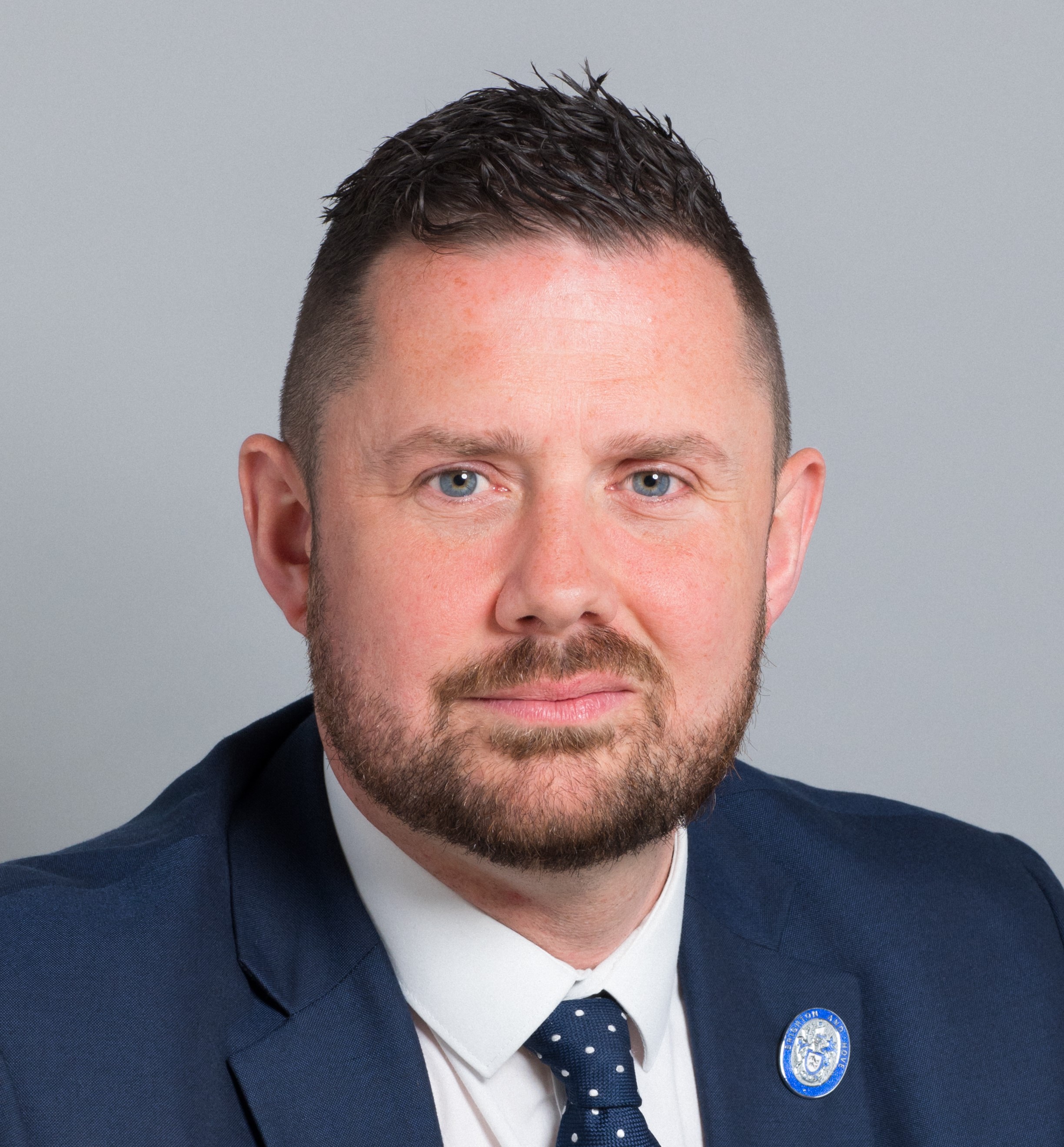The low covid-19 rates in our city in recent weeks are a testament to the steps that people are continuing to take, day in and day out, to keep virus transmission low.
After a year of restrictions, it has been wonderful to see so many people continue to enjoy the city. I am also clear that the chance to meet others again – outside and with the rule of six – has also become more possible thanks to the incredible efforts of people in Brighton and Hove.
I want to again thank everyone in our city for playing their part to stop covid. With another date on the “roadmap” in sight, and more visitors to the city, I am also not complacent.
Alongside our public health teams we remain vigilant about new cases of covid-19 and scrutinise the data as it comes in, including information on any new strains – or “variants” – of concern.
Last week I called for travel from India to be stopped because of the large rise in cases and because its variant is much more infectious and can evade vaccine antibodies.
Travel will now be stopped but the borders need to be closed immediately for any hope of full reopening.
What’s more, I am clear that our response to covid-19 must go beyond the government’s planned “roadmap”.
For all the optimism from government, many in our city are still recovering from the severe changes brought about by the pandemic and will need support for many months to come.
In the coming weeks we will be taking what steps we can locally to help. We will be allocating funding to those in our city that we know still need support to recover, such as early years providers.
We are investing more in hardship support, including extra support for those who need to self-isolate, with a particular focus on helping those who do not qualify for existing benefits and those who we can assist with debt or with mental health needs.
Information about the last year already tells us that people with disabilities, black, Asian and minority ethnic groups, women, lesbian, gay, bisexual and trans communities, as well as those on low incomes have been hit hardest by the pandemic.
In addition to council services, incredible voluntary and community organisations across our city have been working throughout the crisis to support vulnerable communities and we want to now provide more funding for community and voluntary sector groups.
This of course includes our city’s food banks which have not only faced an increase in demand but also an increased need for volunteers and help.
We know too that the pandemic has seen an incredible swell of community support from people in our city, with groups springing up to help neighbours with everything from a cooked meal to a friendly telephone call.
More investment will help these informal groups and community networks to grow, building capacity so that they can continue into the future.
This is also about our city holding on to some of the things that have helped us manage the pandemic and to build back better.
This has also been emphasised by Earth Day – last Thursday (22 April) – highlighting the opportunity to support our health while we help the environment.
As I’ve said before, we cannot afford to bounce from the covid-19 crisis to the climate crisis. Work continues to ensure action for our climate goes hand in hand with action for our communities.
Our plan for warmer homes – to reduce fuel bills, toxic emissions and create jobs – is a key part of this.
But cutting carbon emissions is also being pursued with a number of actions across the council – everything from advancing hydrogen energy to grants for community projects, shifting to electric vehicles and food waste collections could help cut nearly a third of the city’s carbon emissions by 2030.

While council emissions are already going down, national actions taken by government could save another third at least.
Our actions as a council stand in stark contrast to the flimsy commitments from government to cut emissions announced this week.
These come with no plan for delivery. Never mind the fact that current targets aren’t being met as the government carries on building more roads and cutting home insulation grants.
Councils have already declared climate emergencies and are taking action locally while government lags behind.
Boris Johnson’s proposals to increase walking and cycling and introduce stricter environmental laws require setting out the action that Conservative ministers will take to truly tackle emissions.
In the year when world leaders will come together to discuss climate action at the UN climate summit, we are determined to ensure Brighton and Hove can both recover and thrive to meet the challenges of the future.
Councillor Phélim Mac Cafferty is the Green leader of Brighton and Hove City Council.










A green recovery must stay in our sights, unless it’s a green wall then rip that down in preparation for another under used cycle lane.